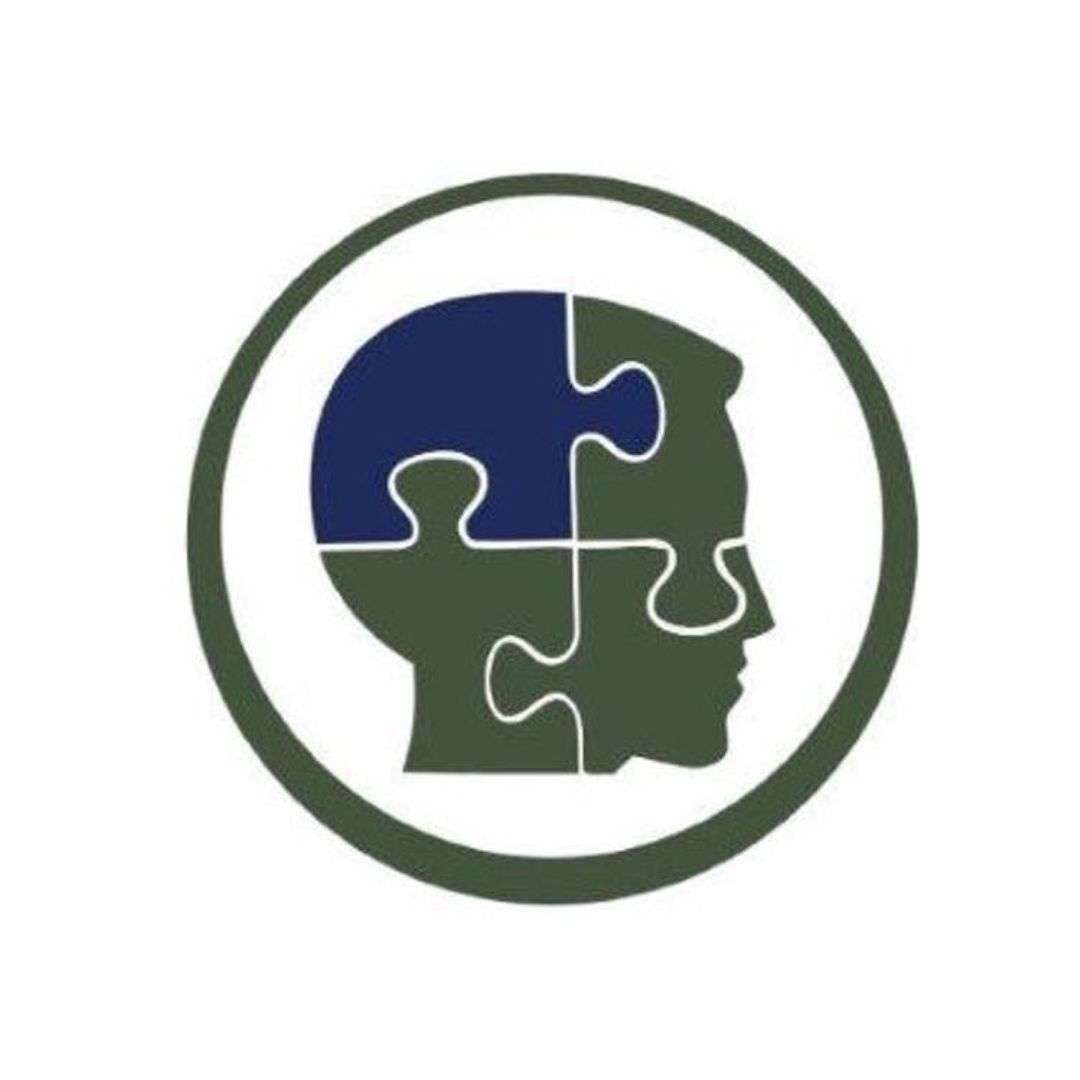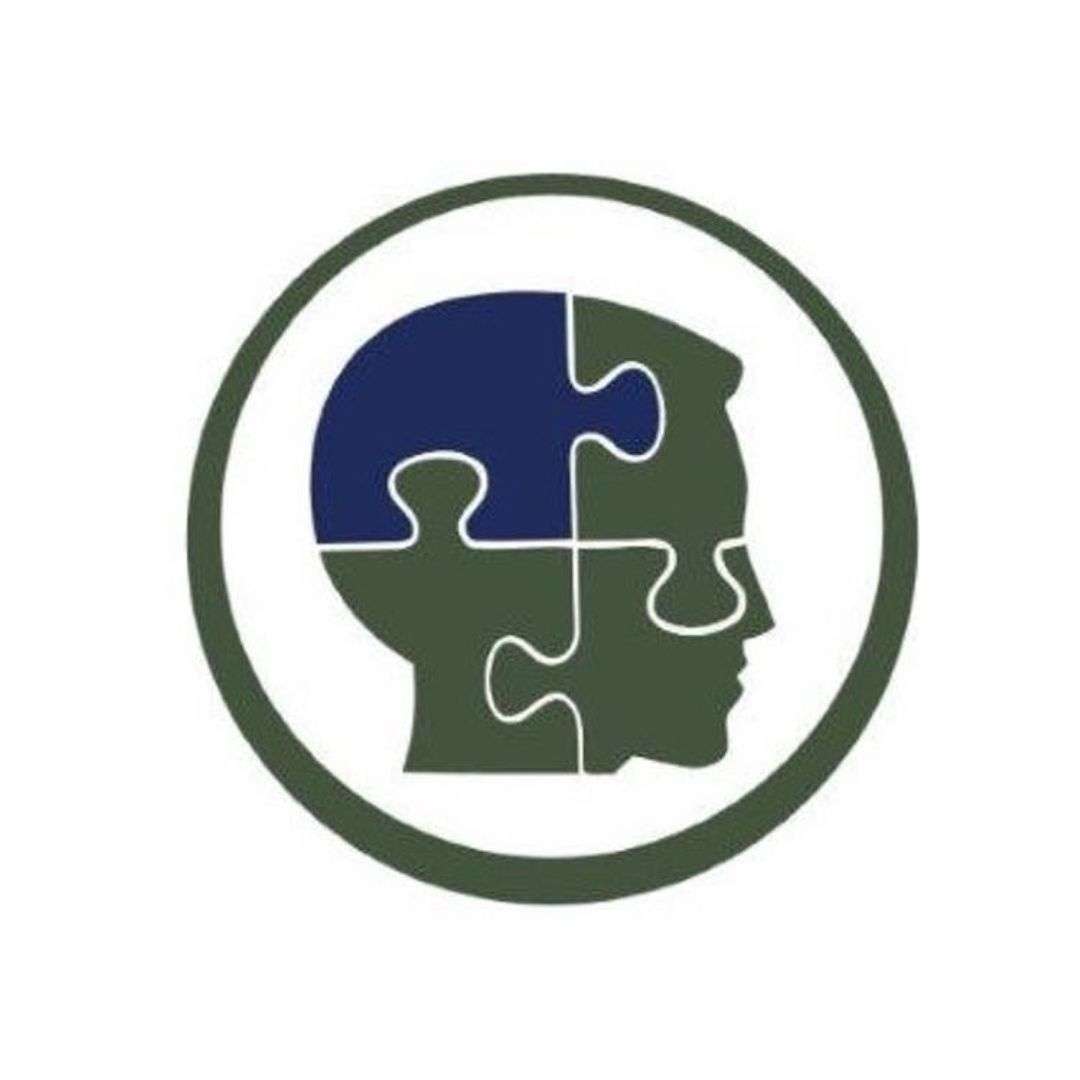Reviewed By Pamela Kirkpatrick - Senior Accredited NCPS & Registered Member MBACP Adv. Dip.
Let's talk about Dementia
20 September 2024
SPH TherapyAre you struggling with memory issues? Therapist Sean Hughes of SPH Therapy explores memory loss, dementia & when to seek help.

Sean Hughes
SPH Therapy
Sean’s experience working in health and social care goes back over twenty years, and he is the founder of SPH Therapy (shaping public health), which is a counselling and psychotherapy service based in Coleraine. Sean is an integrative counsellor and psychotherapist, which means he uses a number of modalities, such as humanistic, cognitive behavioural, and psychodynamic approaches to tailor and meet the unique needs of each individual.
Sean is a member of the British Association for Counselling and Psychotherapy as well as an accredited member of the National Counselling and Psychotherapy Society. During his career, he has worked in hospital and community settings, providing direct care to people living with dementia, as well as having his own personal experience caring for family members with dementia.
Sean has worked throughout the UK and internationally developing and delivering training programs, presenting at international conferences, and providing advice on dementia-related issues. He gained an MSc in dementia studies in 2016 which boosted his awareness of the significant needs of people living with dementia, their families, friend's, and carers.
What is Dementia?
Dementia is more than memory loss, it's a complex condition that affects both the person living with the condition and their carers/family members. Whether you're a family member, a friend, or a professional carer, learning about dementia and effective strategies can make a world of difference. By embracing counselling and psychotherapy with kindness and empathy, we can create environments that both enhance cognitive health and bring joy to those living with dementia.
Dementia is an umbrella term to describe a group of symptoms and isn't a single disease but a collective term.
The most common type of dementia is Alzheimer's disease, but there are other types, including vascular dementia, Lewy body dementia and there are also rarer types of dementia that are caused by other diseases and conditions.
Northern Ireland is estimated to have 22,700 people living with dementia, which is expected to increase to 43,000 by 2040.
Not all memory loss is related to dementia.
Memory loss, or hazy memories can be a confusing and sometimes a very frightening experience, whether it happens to you or a loved one. But don't worry—you're not alone in facing it. Knowing more about the causes, symptoms, and treatments can help you make informed decisions about cognitive health. This blog will explore some key factors contributing to memory loss.
Age-related Factors
As we age, it's natural for some changes in memory to occur. The brain, just like any other part of our body, goes through the ageing process. Some degree of memory decline is typical and known as memory impairment. This doesn't mean you'll forget the name of your childhood pet, but you may occasionally struggle to find the right word or remember where you left your keys. While this can be annoying, it's usually not a sign of something serious.
Medical Factors
- Anxiety and depression can have a huge impact on our memory, can cause difficulties with concentration and retaining new information.
- Psychological trauma can lead to both short-term and long-term memory issues. It can cause memory gaps, trouble recalling specific details of a traumatic event, or even blocked memories.
- Either an overactive or underactive Thyroid can cause issues with our memory and can cause depression, and as previously discussed, depression can have multiple impacts on your memory.
- Brain injury can affect memory and should be taken very seriously, especially when someone presents with memory loss following an accident or fall.
- Medications such as sleeping tablets, anti- depressants, muscle relaxants, pain medications, or some over the counter medications can cause problems with memory loss and if you are experiencing cognitive impairment, these symptoms need to be discussed with your doctor.
Lifestyle and environment
- The use of alcohol and tobacco are well known to have its effects on cognitive function and memory loss by reducing the amount of oxygen that reaches to the brain.
- Poor sleep is known to cause sleep deprivation which can lead to fatigue and the ability to recall information.
- A good diet is essential for the brain to receive essential nutrients to function. Omega-3 fatty acids, antioxidants, and vitamins like B1, B12 are crucial for maintaining cognitive health.
- High levels of stress can affect concentration, blood pressure and when you're tense, overwhelmed, and distracted over time this can impair memory by affecting the part of the brain (the hippocampus) that's involved in forming new memories.
- Proper hydration is essential for optimal brain function. Dehydration can lead to confusion, difficulty concentrating, and memory problems.
- Positive social interactions boost mental well-being and stimulate cognitive processes that are critical for memory.
- A lack of physical activity is linked to a decline in brain health and increased risk of memory loss.
Knowing When to Seek Help
Short-term memory loss is characterised by difficulties in remembering recent events or details. You might find yourself forgetting conversations that happened just yesterday or struggling to recall what you had for breakfast. These incidents are often the first noticeable signs of memory trouble and can disrupt daily life.
If you're finding that memory problems are affecting your ability to live independently or manage your everyday tasks, it’s time to consider seeking help. Here are some signs that may indicate it’s worth reaching out to a doctor:
- Frequent Forgetfulness: Forgetting recent events, appointments, or conversations more often than before.
- Difficulty Completing Tasks: Struggling with familiar tasks, like paying bills or following a recipe.
- Disorientation: Getting lost in places you know well or feeling confused about time, dates, or events.
- Changes in Judgment: Making poor decisions, like wearing inappropriate clothes for the weather or giving large amounts of money to telemarketers.
- Personality or Mood Changes: Noticeable shifts in mood, such as increased anxiety, irritability, or withdrawal from social interactions.
- Trouble with Language: Difficulty finding the right words or following conversations.
This checklist from Alzheimer's UK contains 20 questions about possible symptoms or behaviours relating to dementia that may also be helpful.
It’s also important to consider seeking help if these memory issues are accompanied by physical symptoms like headaches, dizziness, or changes in vision, as these could indicate an underlying medical issue.
Testing for Dementia
As discussed previously, memory loss can affect many people due to multiple medical factors, so your GP or health care professional may send you for some tests, these include:
- Blood tests (sometimes urine samples) to check other health conditions that may be causing symptoms, such as thyroid, vitamin deficiencies, and other medical factors explored earlier.
- Mental ability tests - The specialist will see how you answer different types of questions.
- Brain scans - to check for changes in the brain.
- MRI scans - help confirm the type of disease causing a person’s dementia (i.e. Alzheimer's).
- PET scan - to check blood flow to the brain.
- DAT scan - look at how the brain is working, rather than what it looks like. (Lewy body, Parkinson's)
Getting tested for dementia may take some time depending on how long you wait to see a specialist and get assessed.
How can Counselling benefit those experiencing Memory loss?
If you (or someone you care about) are experiencing memory loss you may be worried about seeing your doctor due to fears or anxieties around a possible diagnosis, which is totally understandable! One of the key benefits of counselling is the opportunity to express these feelings and fears in a safe and non-judgemental environment.
You might be feeling confused, frustrated, and sad as a result of these symptoms, and having a professional therapist to talk to can help you process your emotions and develop coping strategies.
Therapy can also really help you to maintain a sense of identity and purpose. Working to explore your interests and passions, helping you to stay engaged in activities of interest and daily living. It’s crucial that counselling techniques are tailored to your individual needs and abilities.
Remember, counselling can be really beneficial for family members, and carers too. Caring for someone with any health condition can be worrying and stressful, having access to counselling services can provide much needed support so that you can effectively care for your loved one, and yourself!
Memory and Dementia Support Services
If you are worried about your memory, or you are a friend, family member, or carer who is worried about someone's memory, help and services are available to support you. Use the Find Help Near Me directory to search for dementia services. Be sure to check out services that might offer peer support, active or creative activities, befriending, counselling or community support too!
Featured Organisation
As a counsellor my role is to provide space and guidance to help you on your journey to self discovery to enable you to examine your life and make new, meaningful choices within it. I am an integrative therapist, which means I am empathetic and non-judgemental. I use integrative humanistic, cognitive behavioural, and psychodynamic approaches to provide support.




